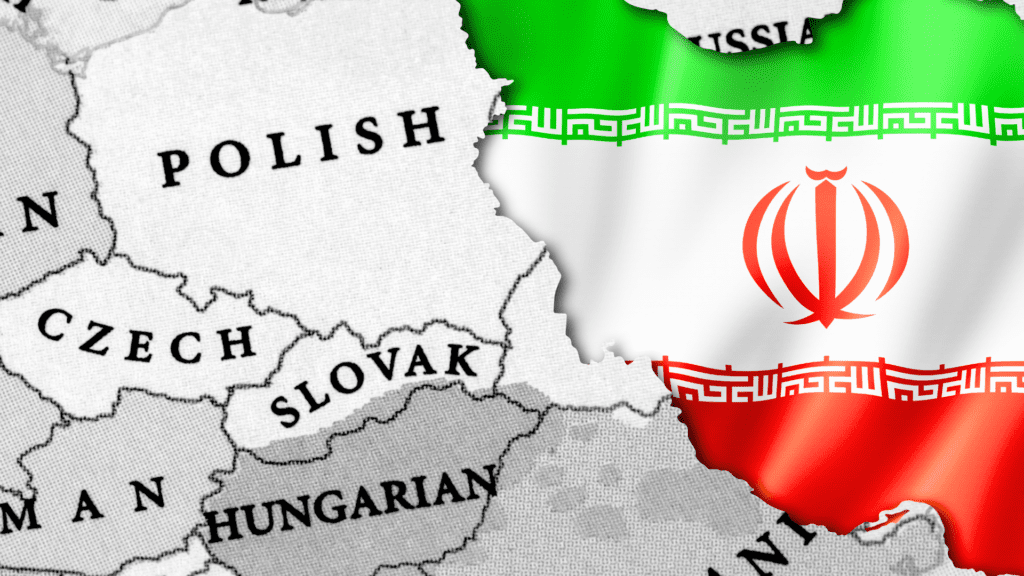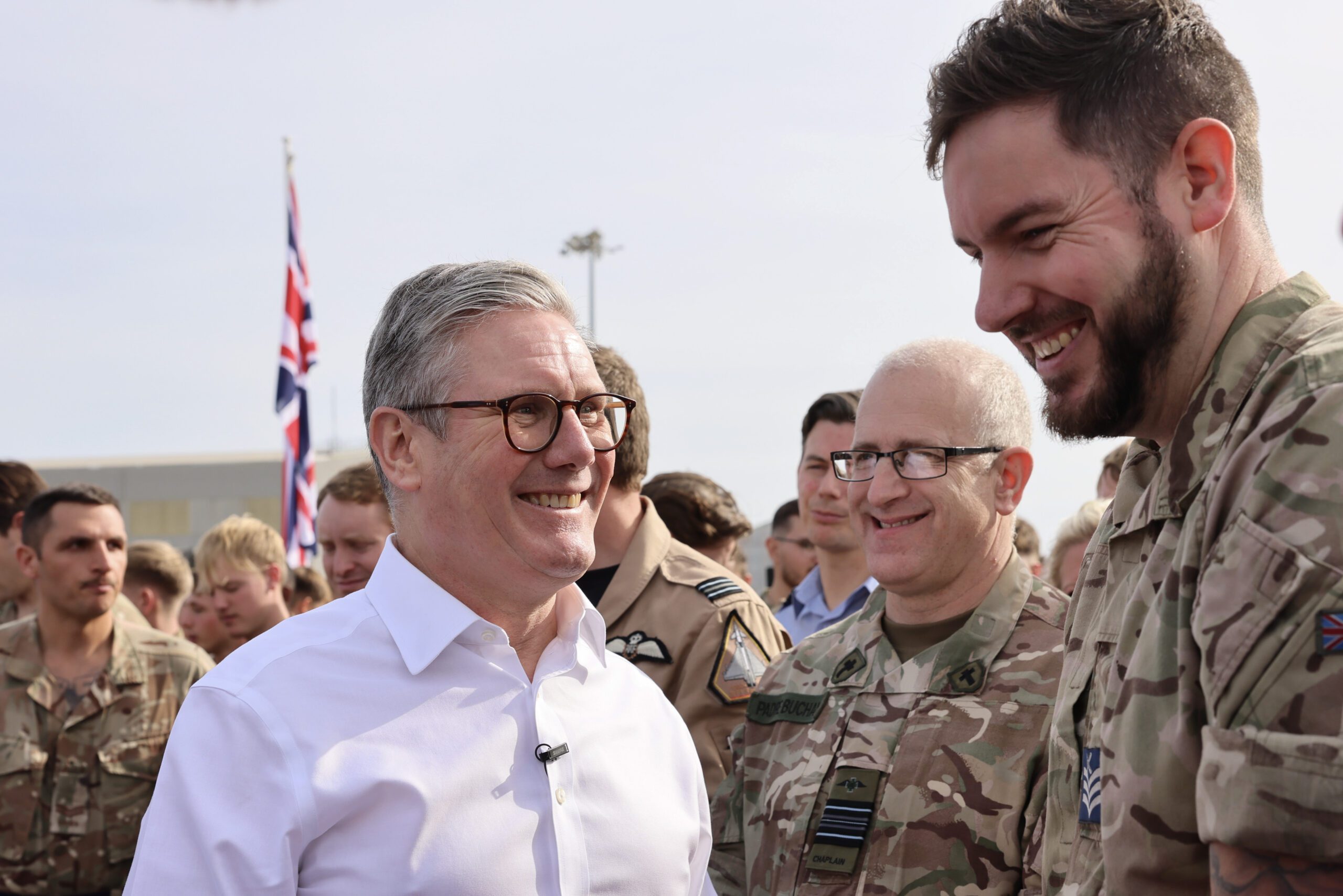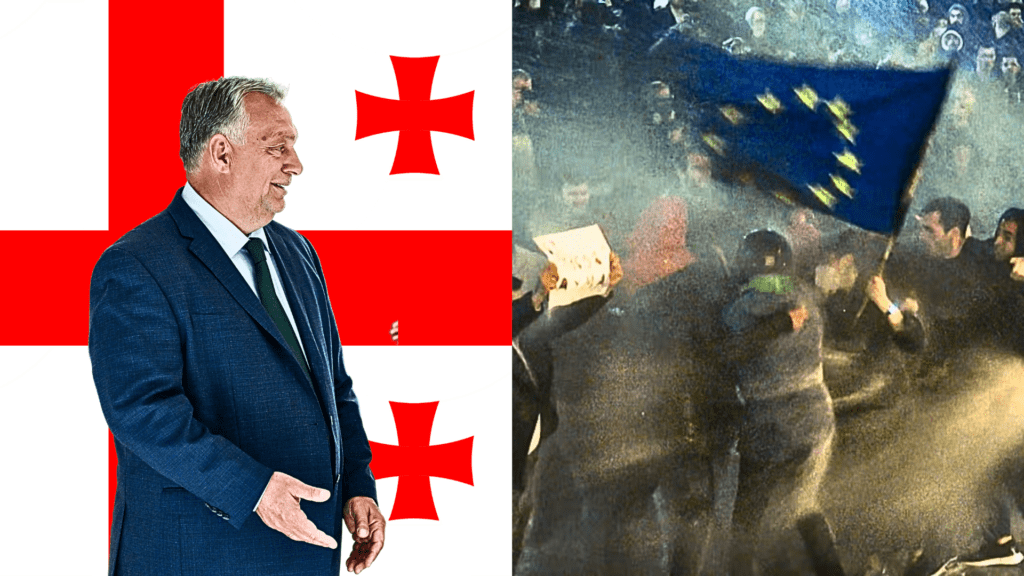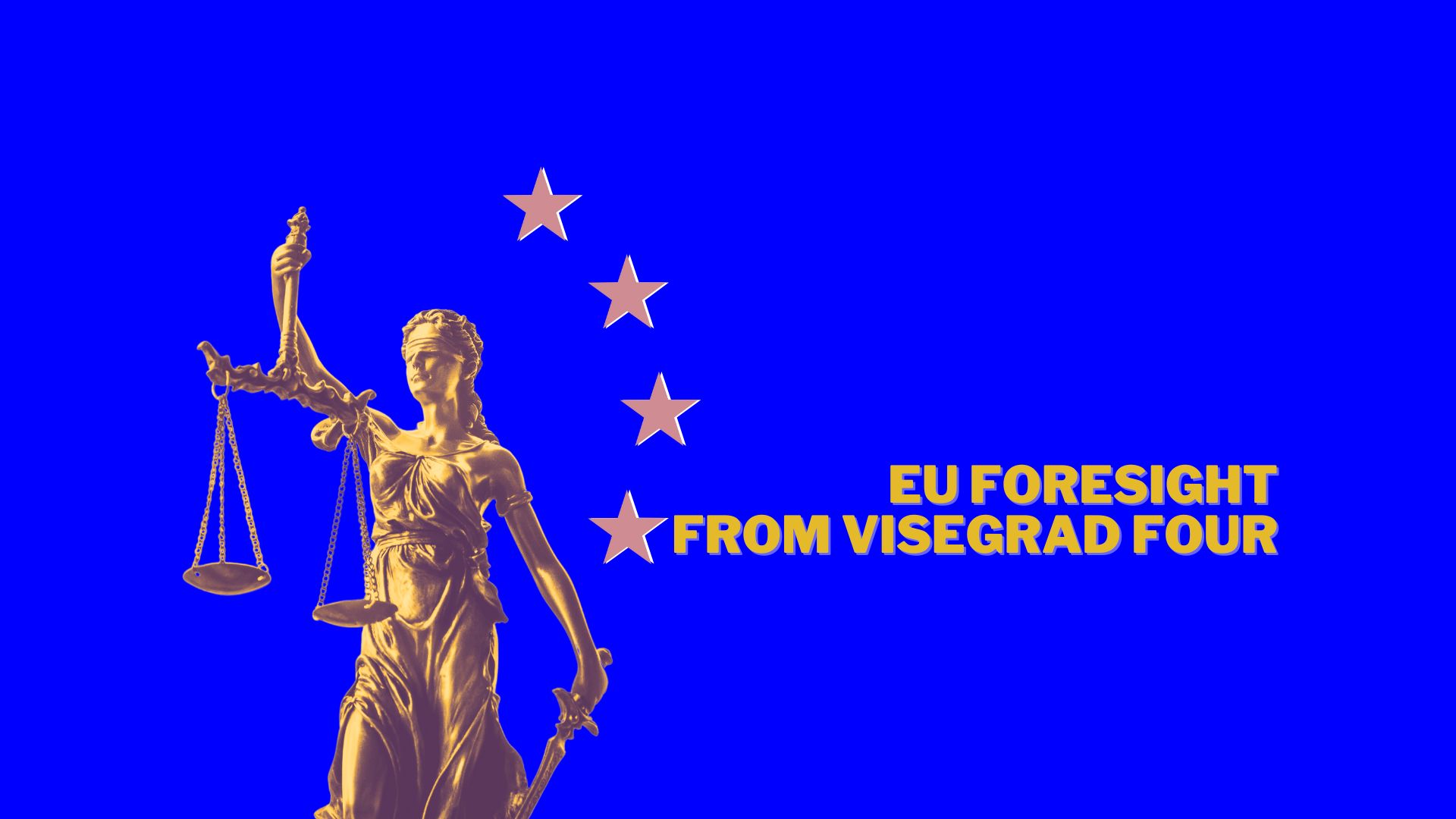Fiala Tweets For Israel, Tusk For World peace, Orbán Waits to comment
Source: Visegrad Insight
As Israel-Iran hostilities enter their fourth day, divergences in Visegrad Group foreign policies are clear to see.
Petr Fiala shows ‘understanding’ and stands by Israel. Donald Tusk echoes narratives from Washington, looking to shore up transatlantic relations. Meanwhile, Viktor Orbán and Robert Fico are silent. The Hungarian PM is caught between a rock and a hard place, as a political ally of Benjamin Netanyahu, and a willing beneficiary of several trade deals with Tehran.
Tusk calls for transatlantic cooperation amid Israel-Iran hostilities; Russian fuel on the agenda for the G7 and EU
GLOBAL/REGIONAL
- Polish PM Donald Tusk said the confrontation between Israel and Iran is moving towards a regional war that could ‘destabilise the whole world,‘ after Tehran launched missiles at Tel Aviv on Saturday morning. ‘Europe and the US must unite their efforts to stop further escalation. It is still not too late!’, he added.
- The retaliatory attacks killed three people and came after Israel launched a wave of missiles at Iran on Friday, killing commanders and scientists and bombing nuclear sites in a stated bid to stop Tehran from building an atomic weapon.
- Germany, France and Britain are preparing to hold immediate talks with Iran over its nuclear programme in an effort to de-escalate the situation in the Middle East, German FM Johann Wadephul said over the weekend.
- Authorities from around the Visegrád Group have said they are preparing to evacuate their citizens in Israel as hostilities enter their fourth day.
- Yet, in comparison to Tusk – who seemed to tune in to US President Donald Trump’s narrative on peace and war – Czech officials were less dramatic in their response.
- PM Petr Fiala called Israeli PM Benjamin Netanyahu to get an ‘understanding’ of the need to halt both Iran’s nuclear and missile programmes, and had ‘hope’ that the situation in the region will soon stabilise. He also expressed his ‘wish to ensure the greatest possible protection for civilians living in Israel, Iran, Gaza, or elsewhere’.
- At the time of writing, Hungarian PM Viktor Orbán remains silent, likely looking to maintain relations with Israel while still seeking economic opportunities with Iran.
- Open hostilities between Israel and Iran and their impact on global energy markets will dominate discussions at the G7 summit starting today in Canada.
- Rising energy prices could complicate EU efforts to lower the Russian oil-price cap, one of the bloc’s priorities for the 50th anniversary of the gathering, but a proposal that lacks crucial US backing.
- Lowering the price cap on Russian oil was one of several measures the EU presented in its 18th package of sanctions last week, which it hopes will help bring the Kremlin to the negotiating table over its war in Ukraine.
- Other aims included a ban on the Nord Stream pipelines, cutting more banks from the SWIFT international payments system, listing additional vessels from Moscow’s so-called shadow fleet, and further export controls relating to drones, and pushing down the price cap on Russian oil to $45 from $60 per barrel.
- The big obstacles for the package remain Hungary and Slovakia, who have already publicly stated opposition to the sanctions – as well as the plan for a ban on all Russian gas by the end of 2027, which the EU is set to unveil in its entirety tomorrow.
- READ HERE: The EU’s biggest challenge to cutting Russian ties is internal.
- 13 EU governments have called for immediate action against Russia and Belarus, who are considered responsible for causing GPS jamming that endangers air and sea navigation.
- The letter, which marks an increasingly strong tone against Russia, was signed by the Baltics, Nordics, Slovakia, Czechia, Romania, Slovenia, Germany, Italy, the Netherlands, and Spain.
- NATO Secretary General Mark Rutte has said that members of the military alliance need to deliver a ‘quantum leap‘ in their collective defence, or a 400% increase in air and missile protection.
- With this in mind, the allies are discussing for the first time combining their ballistic missile shield with other integrated missile-defence assets, Bloomberg reports.
- Atlantic Trident 25, a joint, multinational exercise of Finnish, French, UK, and US forces, will take place in Finland from 16-27 June to improve combat readiness. This marks not only an expansion of the training scenarios, but also the first time it has been hosted outside of the recurring trilateral partners – the US, UK and France.
- Bruno Kahl, Head of Germany‘s Federal Intelligence Service, has warned that Russia believes NATO‘s mutual defence obligations are shaky and is determined to test the strength of the alliance.
- ‘They don’t need to dispatch armies of tanks for that,’ Kahl said. ‘It’s enough to send little green men to Estonia to protect supposedly oppressed Russian minorities.’
- The EU Agency for Fundamental Rights warns of growing threats to European democracies in its annual report – and few teeth to combat those threats.
- The EU’s new digital regulations, for example, require platforms to limit hate speech and cyber violence, but enforcement ‘is limited so far and may be hampered by lack of capacity, lack of political will and lack of compliance by online platforms.’
Hegseth signals cuts to US security aid to Ukraine; Russia ramps up missile and drone attacks
UKRAINE
- During the night of 10 June, Russia launched a massive ballistic missile and drone attack on Kyiv, Odesa and surrounding areas. Ukraine’s FM Andriy Sybiha called for immediate and powerful new sanctions on Russia in response.
- In Kyiv: damage in seven districts, including fires and destruction of residential buildings. Four injuries. Sofiia Cathedral in Kyiv was damaged during the drone attack, as was a building used by Boeing
- In Odesa: Russian missiles hit a maternity hospital, an emergency medical station and residential buildings. One person killed, three injured.
- In the Kyiv Oblast: widespread damage reported, including destroyed private homes and burning vehicles.
- US Secretary of Defence Pete Hegseth signalled a shift in US security policy when he announced plans before the House to cut US security aid to Ukraine. He suggested this would allow a focus on peaceful resolution, since the US does not currently see ‘victory’ in the war as clearly defined.
- Secretary of State Marco Rubio said on the occasion of Russia Day that the US supports Russians’ aspirations for a brighter future, reaffirming a desire for constructive engagement in efforts to bring about peace in the war with Ukraine.
- Ilva Johansson, former EU Commissioner for Home Affairs, will be appointed the EU‘s new Special Envoy for Ukrainians, looking to provide coordination, advocacy and practical support for Ukrainians across the EU.
- Meanwhile, President Volodymyr Zelenskyy appointed Alyona Getmanchuk as Ukraine’s Permanent Representative to NATO, replacing Natalia Galibarenko. Getmanchuk is a renowned foreign policy analyst, Director of the New Europe Centre and Senior Fellow at the Atlantic Council.
- On 13 June, the EU Council (ECUCO) agreed to extend the Temporary Protection Directive for Ukrainians until 4 March 2027.
- The EUCO also adopted a decision granting equivalence with EU requirements to Ukraine and Moldova concerning field inspections and seed production standards. In other words, seed from these species produced in Ukraine and Moldova will be able to enter the EU market.
- Germany will not supply Ukraine with long-range Taurus cruise missiles, DM Boris Pistorius said during a visit to Kyiv on 12 June.
- This is much to the disappointment of Zelenskyy, who had said earlier in the week that Friedrich Merz should go a step further than his predecessor and provide the weapons. It also contradicts Chancellor Merz’s campaign promise last year to transfer Taurus missiles to Ukraine if he won the German elections.
- Leaders of Ukraine and Southeast European countries issued a declaration at their joint summit, affirming Ukraine’s irreversible path to NATO membership.
- The summit, attended by Ukraine, Romania, Moldova, Serbia, Albania, Greece, Montenegro, Croatia and Slovenia, brought together countries, most of which have already been targeted by Moscow’s hybrid warfare – find more details in the Moldova and Serbia sections.
ANO to table no-confidence motion in Fiala government; Slovak parliament to vote on constitutional amendment – both on Tuesday
Newsletter
Weekly updates with our latest articles and the editorial commentary.
The original article: belongs to Visegrad Insight .



